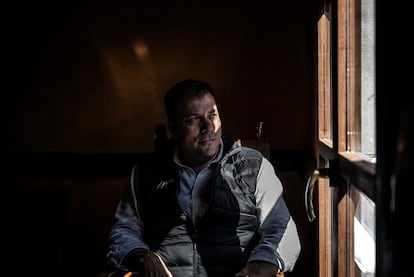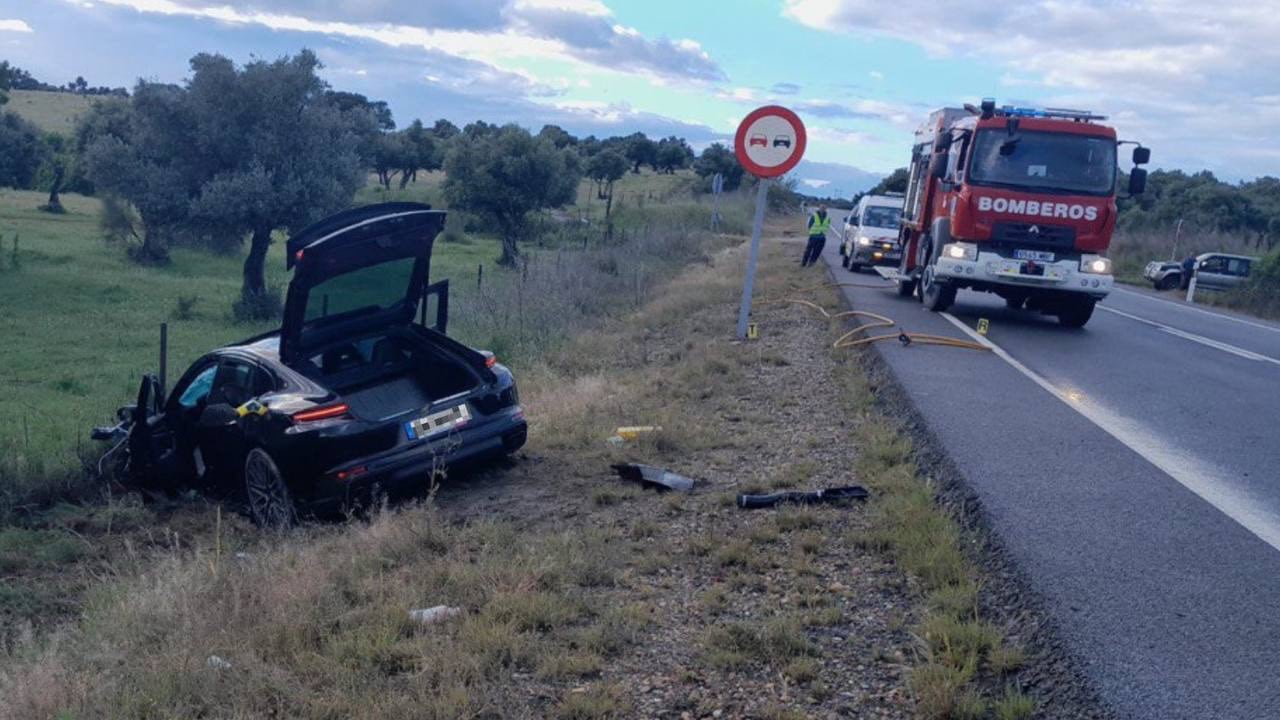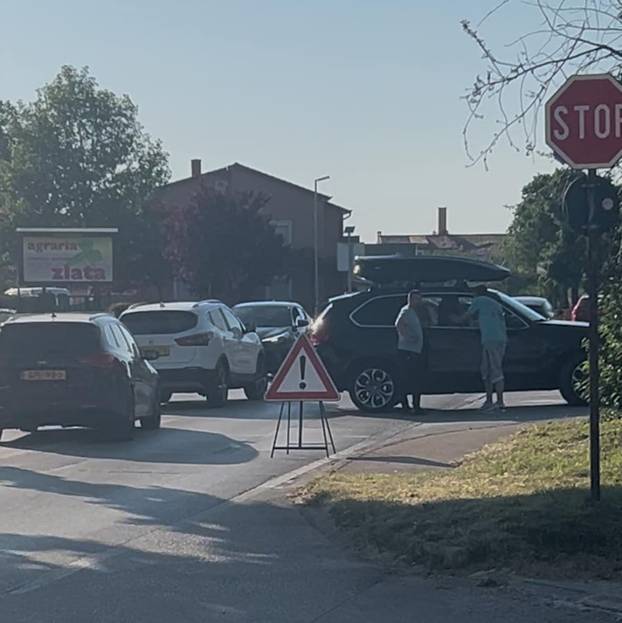The European Electricity Red needs to invest tens of billions a year to sustain the renewable deployment | Economy

« We still don’t have an authentic union of energy. » Just two months ago, the European Commission itself wrote this phrase in its Plan for affordable energy. The statement is seen day by day in a fact that shows how, for example, in electricity there is a market segmented with prices that do not converge. They should, according to economic theory. Instead, it is not difficult to verify how there are EU areas that pay the megavatio above 130 euros an hour and others that pay 10. There are deficiencies that prevent convergence: national regulations, taxation … But it highlights a special importance. More networks and more modern are needed, and of course a lot of money for that.
The figures that are handled to reach an electric misery throughout the continent that helps to form that single market and, above all, serve the transition to a dwarfed marean economy. The commission speaks of 584,000 million in this decade. Other calculations raise the invoice even more. Entso-ethe European association that groups electric operators as Electric Redspeaks of 96,000 million a year in the coming decades. To seek remedy, Brussels intends to present, as late at the beginning of 2026, a plan for that purpose.
This investment is necessary in networks and storage for several reasons. There is an economic reason, for example: Entso-E pointed to an annual savings of more than 38,000 million only if infrastructure that cross borders were deployed. The geopolitical can be added: Europe is far from having all the fossil fuel that need its energy needs, so Developing renewable sources reduces their imports and contributes to their safety and autonomy. Two Eurodiputados of the Energy Commission, the Spanish socialist Nicolás González Casares and the German of the Greens Michael Bloss, begin his defense of the investment in networks and the renewables, which with the blackout in the Iberian Peninsula are in the center of the debate. « The green energy transition frees us from energy risks linked to fossil fuel imports of autocratic regimes, » says German.
Lack of integration
This green transition must be made hand in hand with a great increase in demand of electricity in the coming years. Achieving the decarbonization of the economy goes through the majority of the energy consumed in the future is of this type and does not come from fossil fuels: cars and electrical heating will require it. And the other is that renewable energies, with more decentralized and more volatility production centers, demand it. “In the Member States that have already reached high levels of renewable electricity, including Germany, the Netherlands and Spain, the lack of investment in networks (…) is causing a vicious circle that threatens the rapid growth of renewable capacity, ”explains Christopher Jones, a researcher at European Institute of Florence. From these words of Jones it can be concluded that the investment in the generation through renewable energies has been faster than the one that is needed for distribution.
« We are falling short of infrastructure, » says Natalia Fabra, professor at the Carlos III University of Madrid Energy expert. « There are differences (in prices) because we lack that structure that integrates markets between countries. Energy is not just generation, » he adds. The words of Fabra, counselor of Enagás, also expose one of those deficiencies that include the market unit and the complementarity of energy mixes: the lack of cross -border interconnections in localized areas of the EU.
Of course one of those areas is the Iberian Peninsula, where the Monday blackout returned to show « without being the cause of zero Energy – that greater interconnection with France could have contributed more to the restoration of the network. Little more can be said for now of this chapter and the interconnections before the many unknowns that persist. But there is more. In the EU’s own reports, it points to the seas of northern Europe, to the connections of the Baltic countries with countries such as Germany or Poland and the European southeast region. In total, it is noted that in 2030 there should be an increase in cross -border networks of 88 gigawatts, almost six times more than the 15 gigawatts that, according to the president of the Government, Pedro Sánchez, « disappeared from the system » causing the blackout.
Less « glamorous » investments
« Cross -border interconnections matter, but they are not a silver bullet, » Matiza Sean Kelly, a European Popular Party and a member of the Eurocamara Energy Commission. « Monday’s events demonstrated the importance of investing in less glamorous, but critical technologies, such as synchronous capacitors or inertia flyers (machines that help stabilize the electrical system), which can help us avoid blackouts in a variable system, » adds this Irish, which speaks of the « modernization and extension of the network » as an « urgent matter ».
The Spanish socialist Gonzalez Casares even goes beyond when he points out that the EU « is late. » It refers to the degree of renewable energy that Europe has considered consuming before 2030, 32%. « We are still in 22%. China is about 30%. »
Verde Bloss also presses so that « investments in the network and the deployment of renewables » go « hand ». Too often, the lack of connections to the network slows the deployment of renewable energies, ”he says.








